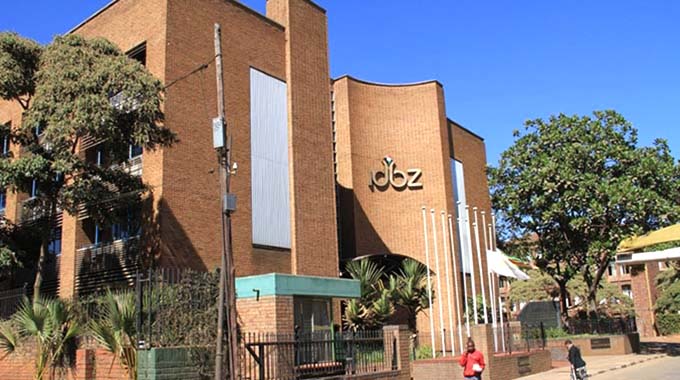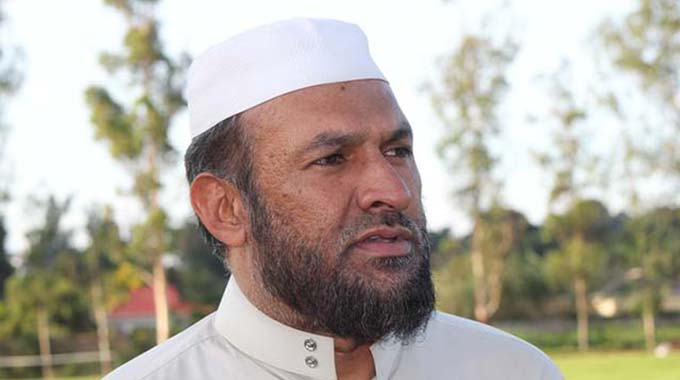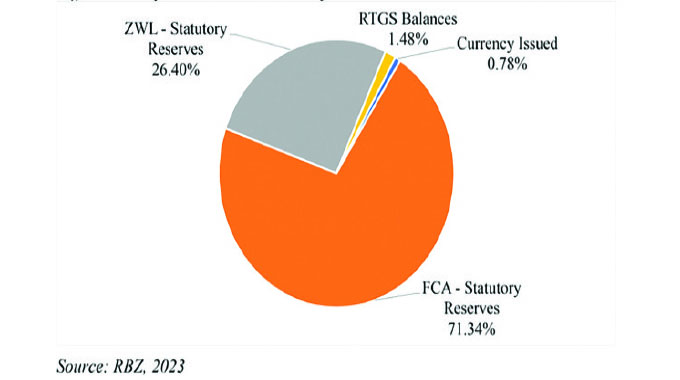IDBZ recapitalisation gathers pace

Business Reporters
THE Infrastructure Development Bank of Zimbabwe is looking at hiring a financial advisor to help raise as much as $1 billion in fresh capital through a partial privatisation.
In tender published in the Government gazette last Friday, the State-owned bank said the advisor will be expected to provide advice and support for the implementation of the recapitalisation transaction in line with the Government’s privatisation policy.
The financial advisor will also propose recapitalisation options and make appropriate recommendations, prepare the necessary transaction documentation to relevant stakeholders in canvassing foreign and local strategic institutional investors.
The recapitalisation of IDBZ would be done in phases; firstly, raising $500 million in the short to medium term and secondly; further capitalising the bank with the same amount in the long term.
In addition to scaling up the bank’s capital base, the recapitalisation would bring on board investors aligned to IDBZ’s developmental mandate.
The investor will also be expected to facilitate access to long-term capital suitable for infrastructure projects.
“The Government of Zimbabwe has approved the partial privatisation of the bank to facilitate the desired recapitalisation,” IDBZ said. “Bank now wishes to engage reputable consulting firms to undertake financial advisory services for its recapitalisation.”
Minimum criteria for short-listing of the advisor shall entail, among other things capital markets experience and proven networks within development financial institutions, Multilateral Finance Institutions Sovereign Wealth Funds and Investment Funds. IDBZ is among State-owned entities which the Government listed for immediate privatisation. Some of them include Tel One, Net One and People’s Owns Savings Bank.
Last year, the Government injected $150 million equity capital into the bank to help the institution discharge its mandate of providing long and medium term funding for infrastructure projects.
A strong capital base for IDBZ will enhance its efforts in championing infrastructure development through high impact investment energy, water and sanitation, information and communication technology and housing sector.
The bank’s interventions in these sectors include providing technical capacity building in project preparation, contract negotiations, implementation monitoring, resource mobilising and implementation, knowledge generation and sharing.
Zimbabwe has an estimated infrastructure backlog of $30 billion, according to the Africa Development Bank, after years of little investment into the sector.
Between 2009 and 2016, the Government spent a total of only $2 billion on infrastructure projects, the amount analysts say should have been spent on an annual basis.
The huge debt overhang and arrears to the multi-lateral financial institutions, including the International Monetary Fund and the World Bank also made it difficult for the country to raise long term capital critical for infrastructure projects.
In the absence of significant lines of credit from multi-lateral financial institutions, Zimbabwe has been operating on a tight budget.
The bulk of revenue going towards paying wages, leaving it with little or virtually no money for infrastructure.








Comments